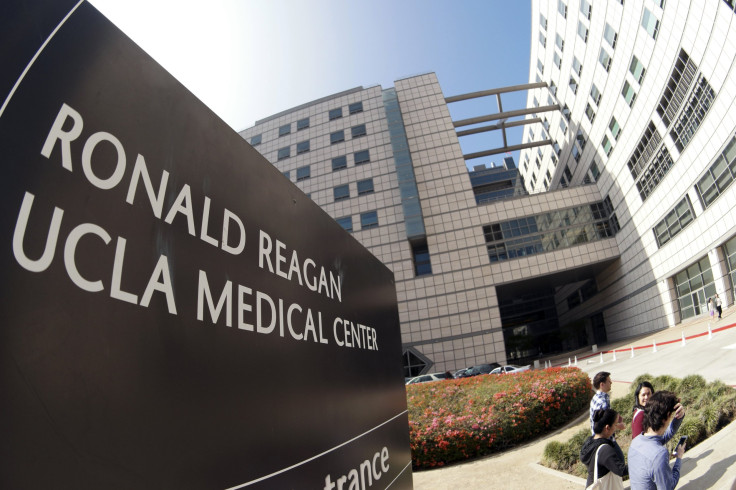Drug-Resistant Bacteria A ‘National Security Risk,’ California Lawmaker Asks For Hearing After Superbug Outbreak

A California lawmaker has asked Congress to investigate the outbreak of a deadly “superbug” at a hospital in Los Angeles last week, saying that the rise of such drug-resistant bacteria poses “both health and national security risks,” according to the Hill. Rep. Ted Lieu, D-Calif., asked the House Oversight Committee to hold hearings on the outbreak after the infections were linked to a design issue in one of the hospital’s medical instruments.
The instrument, called a duodenoscope, was blamed for seven patients becoming ill with carbapenem-resistant Enterobacteriaceae, or CRE, a family of bacteria that has developed a resistance to antibiotics. Health experts said the tool’s design makes it hard to become sanitized properly and allows bacteria like CRE to survive conventional cleaning methods.
“A superbug infection can kill not only the patient who was exposed to a tainted duodenoscope but also family members, friends and hospital staff who interacted with the patient,” Lieu wrote in a statement to the committee, according to Reuters. “If unmitigated, the human and societal costs of CRE outbreaks will continue to rise.”
A spokesperson for the Ronald Reagan Medical Center at the University of California Los Angeles, where the outbreak occurred, said at least 179 people may have been exposed to CRE because of the tainted medical instruments. The hospital reported two deaths related to CRE.
Outbreaks of CRE have become increasingly common in hospitals across the U.S. in recent years. In 2000, only one state reported an outbreak of CRE. Last year, that number jumped to 38, according to the Centers for Disease Control and Prevention.
Over the weekend, hospitals in Charlotte, North Carolina, reported three cases of CRE. The patients were expected to be placed in isolation.
Health experts have blamed the rise of so-called drug-resistant superbugs -- germs that no longer respond to antibiotic treatment -- on the overprescription of antibiotics in the U.S. Such drugs have been routinely prescribed for everything from throat and ear infections to sexually transmitted diseases and the common cold. The overuse of such drugs has led to many bacteria no longer responding to treatments as the germs have evolved to survive medication.
© Copyright IBTimes 2025. All rights reserved.






















